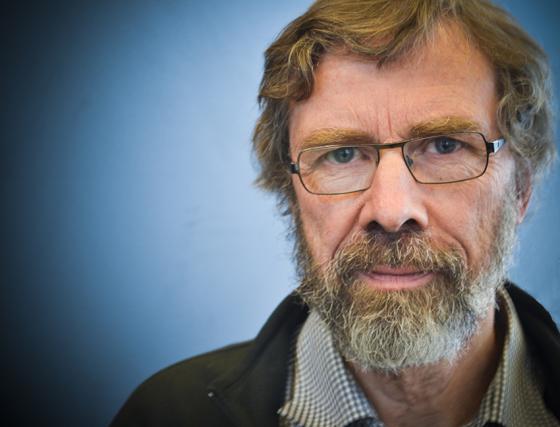First funding announcement under the BALANSE initiative
The Research Council of Norway is announcing the first call for proposals under its new Initiative on Gender Balance in Senior Positions and Research Management (BALANSE).
The objective of the initiative is to ensure greater recruitment of women to top-level positions and research management.
“Under the BALANSE initiative research institutions and research-intensive industry may apply for funding for activities to increase the recruitment of women to top-level positions and research management,” says Professor Knut Liestøl, chair of the programme board for the BALANSE initiative.
“Funding will be granted to applicants that show they have a clear understanding of the particular challenges they are facing in terms of gender balance. We will prioritise innovative projects,” the professor goes on to say.
He adds that the participants are expected to have a framework for incorporation of learning and knowledge development from the projects. This is a priority as the results of the projects must be readily communicated to other circles.
NOK 15 million for new projects
The Research Council began efforts to launch a major initiative aimed at increasing recruitment of women to top-level positions and research management in 2010. The Ministry of Education and Research has allocated funding to the BALANSE initiative starting in 2013. The budget framework for the first call for proposals is NOK 15 million.
“To start off with, we are looking for projects that will lead to new instruments. Not everything can be new, of course, but we are looking for new kinds of instruments that can help to improve gender balance,” Dr Liestøl explains.
Supported by leadership
“We hope that the research groups will conduct serious analyses of the specific structural and cultural problems they face in relation to gender balance,” the head of the programme board points out.
Dr Liestøl emphasises how important it is for projects to have the support of the institution’s leadership.
In the Norwegian context, it is clear that gender-related measures have been most successful when the leadership has been involved.
“The initial aim of the BALANCE initiative is to generate more broad-based knowledge on which gender-equality projects work and, perhaps, which do not. So we are starting out without any limitations as to which subject fields are eligible for funding,” he states.
The pace has been slow
“While the number of women participating successfully in the education system is high, it is taking longer to achieve the same level of progress in the national research system. At all different job position levels, we see that there are still more men than women moving up rungs of the career ladder.”
“It is still more likely for male graduate students to establish a career as a researcher than it is for female graduate students. The BALANSE initiative is intended to change this picture. More research is needed to determine the real underlying causes. It will take more to answer this question than merely studying the statistics," Dr Liestøl emphasises.
This article is also published at The Research Council of Norway's website.
Translated by Connie Stultz.
The initiative is organised under the auspices of the Research Board for the Division of Society and Health. It comprises a programme board and a programme administration.
The call for proposals is published at The Research Council of Norway's website. The application submission deadline is 29 May.
